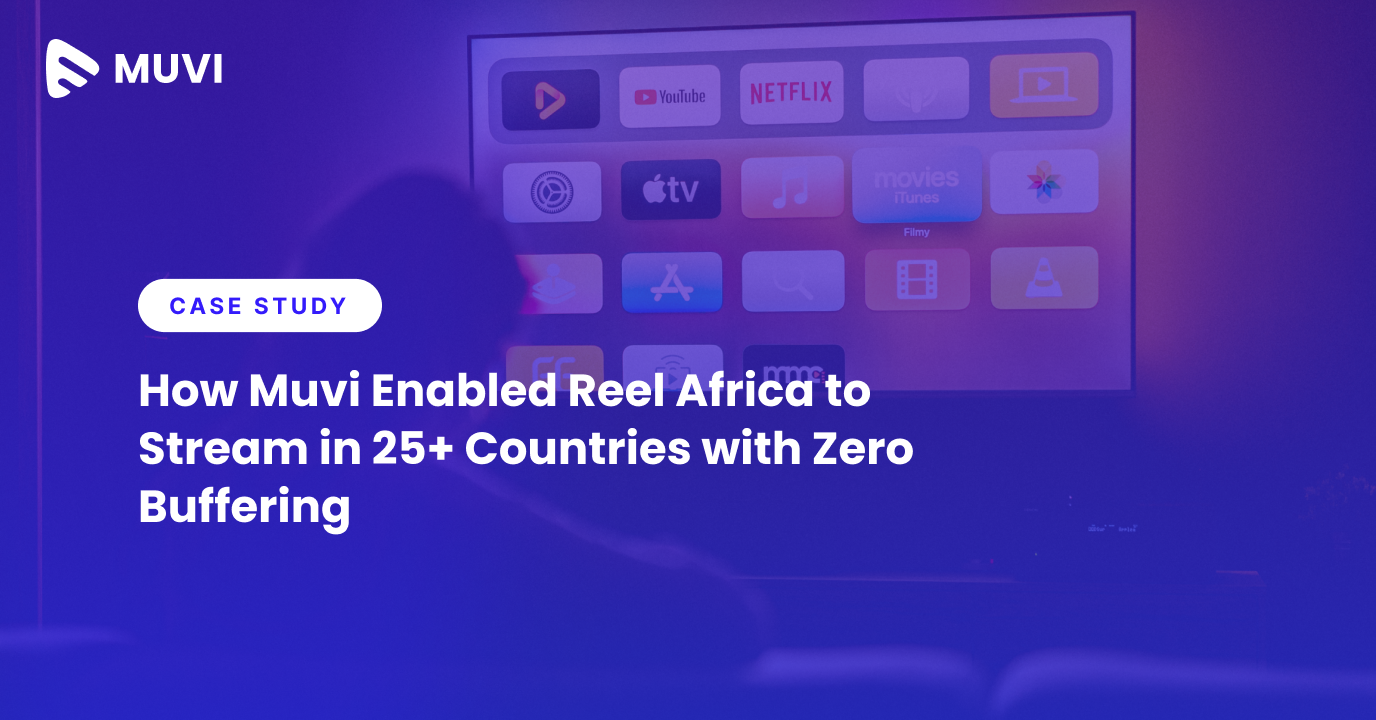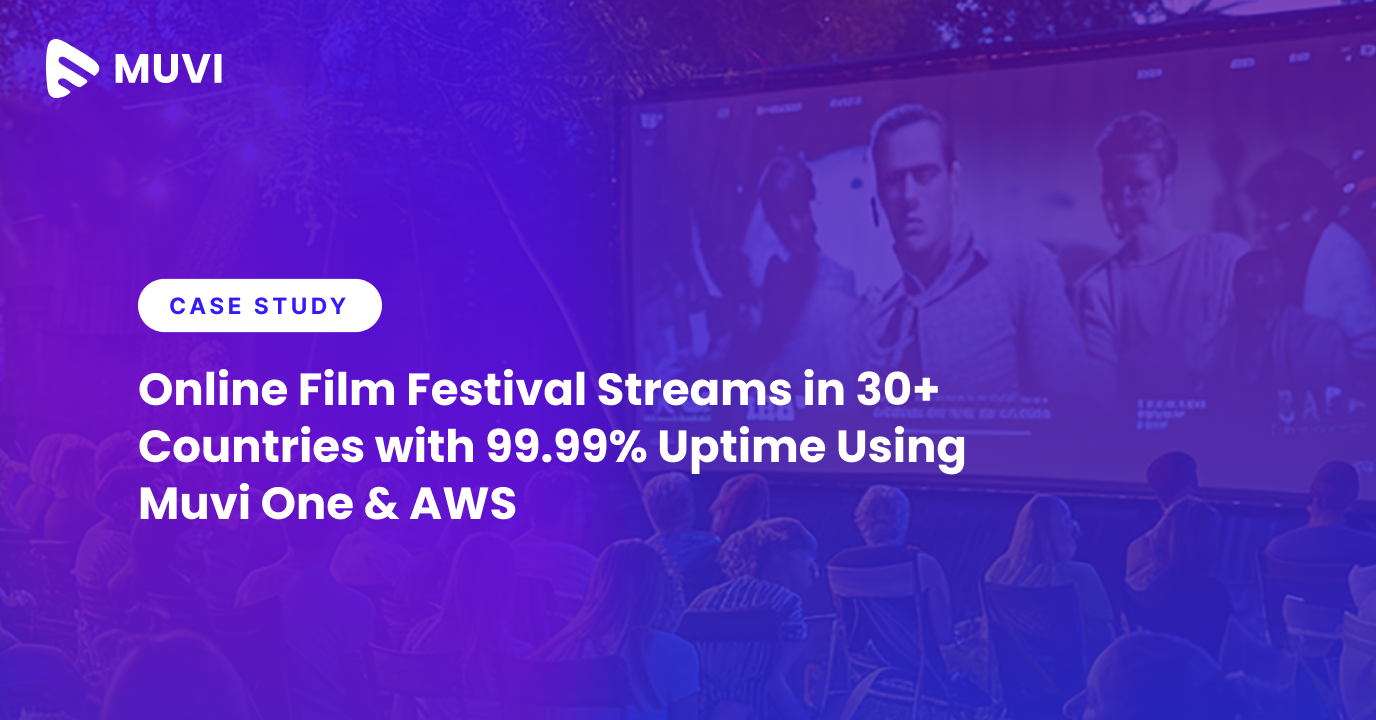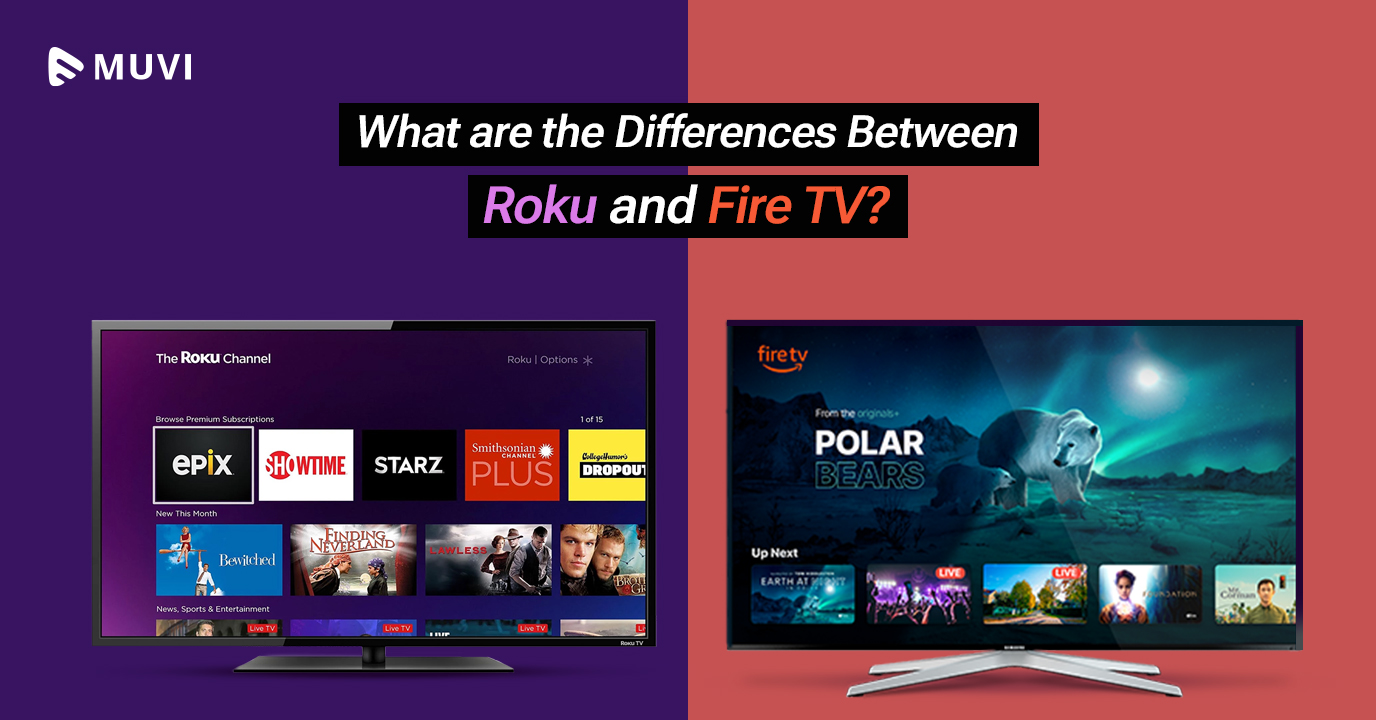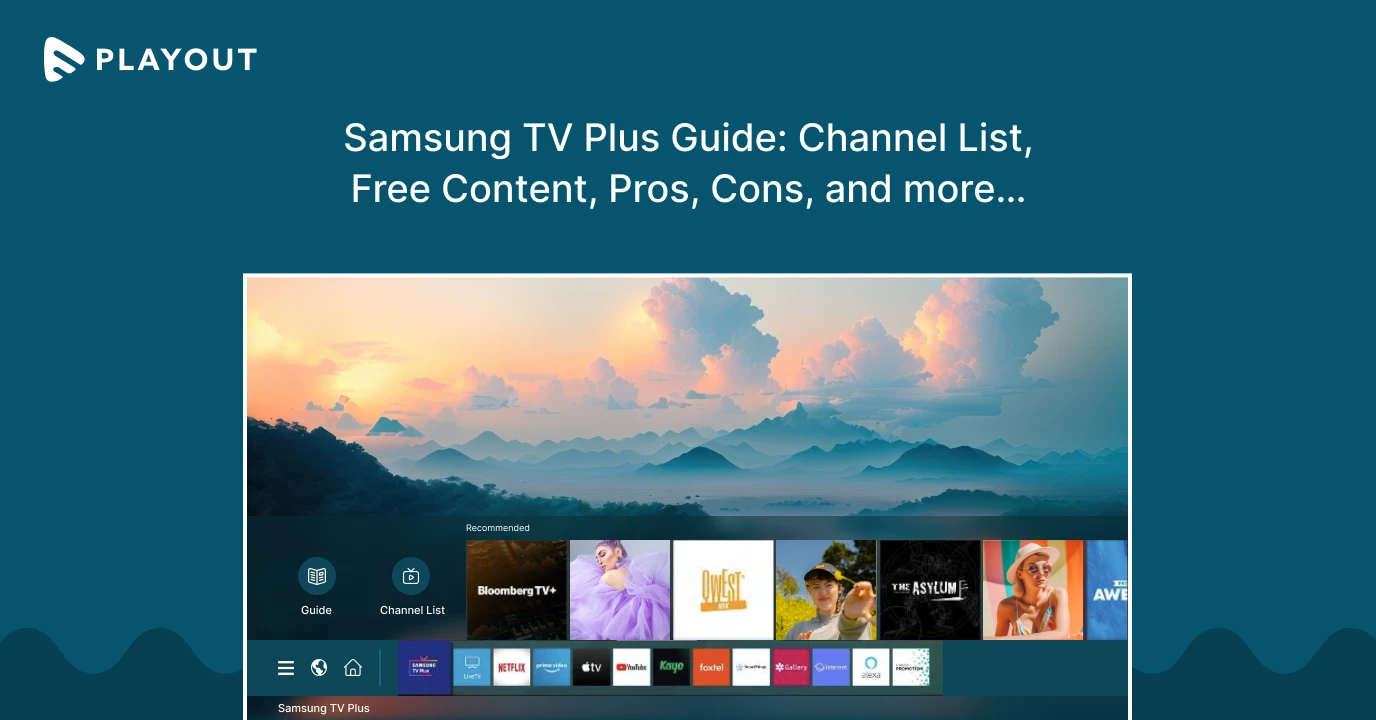It is no more a surprise that high-quality video metadata is important for a successful content recommendation and boosting the engagement of the streaming platform. Every streaming service provider agrees with the fact that optimizing video metadata and providing personalized experience to the end-users is the biggest challenge they ever face.
However, manually changing and adjusting the existing metadata to make it more useful for content recommendations is an expensive and time-taking process. Purchasing additional metadata from third-parties is also considered as a method to boost content discovery, but this is also quite costly and it is always not necessary to have more metadata for better results.
How to optimize Video Metadata for better content recommendation?
Use a small range of keywords more often
If each one of the content presented in your content library is linked with forty different genres or sub-genres, then it’s impossible to get well-targeted recommendations. Having a vast range of keywords that are rarely used is not helpful. If your CMS includes more than 50000 keywords and each of them is only used once, then that’s not going to help you match with any other content.
Keyword consistency is vital for streaming media business. According to a study done by Streaming Media, they have noticed that most of the streaming companies lack the concept of FRANCHISE in their metadata. Even if the hierarchy of the series along with the season is common, without FRANCHISE it’s quite difficult to identify other related shows or movies in the same family. However, without any connection between the series or movies present in the content library, that’s much less likely to happen. End-users just might get a recommendation to watch another drama, which is suitable, but not targeted.

Upsurge of the machines
You can obtain real success by using the mixture of machine learning to automate the process of updating hundreds of different content records in a lucrative and timely manner with a dedicated number of manual interventions. It is not compulsory to use bots to curate contents for you, however, with the right models, it is possible to enhance the use of keywords on which most of the content recommendations depend upon.
It is a multiple step procedure, first of all, you need to analyze your existing metadata to observe what type of keywords you have already got. You also need to define a manageable framework of ideal keywords including genres, sub-genres, franchise, etc. Plenty of keywords or too less keywords will make it impossible to keep a track and will reduce the quality and number of matches you can make.
Future metadata framework
There is no appropriate schema that can be included across all streaming services. It needs to be formed that can match the type of content you have, your audience, and the quality of your service. Once it has been arranged, a data scientist can help you build an advanced metadata-prediction model to fill the gap in your metadata.
Now the most difficult part of the process is the keywords you have defined need to be used consistently across your entire library. Hence, it is vital to have policies, processes, and people in place to make sure this continues to take place. All new content needs to tag with keywords that follow your agreed framework.
Therefore, framework is highly needed to accommodate the changes in your business over a time period. Metadata optimization is not a one-time process, it is a recurring process just like content personalization and engagement building. With judicious use of machine learning you can make this difficult process even simpler and easier.
How Matching Video Metadata can create a new method of content discovery?
One of the greatest ways to improve content discovery and user experience is by using machine learning for metadata enhancement. When one of a customer finds more content in its vast VOD library. We can help them by defining and applying tags that match each of their videos to a selection of keywords based on a frame in the mind. Some of the examples of keywords are cheerful, captivating, moving and some of the conventional genres like crime, action, romance.
Now, in the interface of your streaming app, ask your end-users to choose a category that best describes what they are in the mood for and to specify how long they want to watch a content for. And, APIs also enable a daily shuffle feature to make sure the order of the content selection returned is kept fresh, if your audience is in the same mood for several days.
This is one of the unique ideas that service providers can boost the content discovery experience if metadata optimization is done right. It’s a finest method to showcase contents to new users who haven’t discovered your contents that makes personalized recommendation relevant.
Another powerful benefit of enhancing metadata is search. It is frequently a little neglected by streaming media service providers. Enhancing metadata with all those new keywords and franchises you can get an added number of people searching for your contents. Enhancing metadata not only gives your end-users a better content recommendation, but it also wows your users with searchability.
Ending Notes
Make your content search-friendly and discoverable with Muvi! Our metadata management feature allows you to make your content discoverable and indexable on your streaming platform. You have complete access to your metadata, coming with some common pre-defined metadata parameters as well as to add custom metadata information tailored to your requirement. Muvi allows you to do everything with a click of the mouse. We support easy import or export of video and audio metadata in any format such as Excel, CSV or any other format known in the industry. Take a free trial to know more about our cool features and how it can help you get a hassle-free streaming experience.
















Add your comment